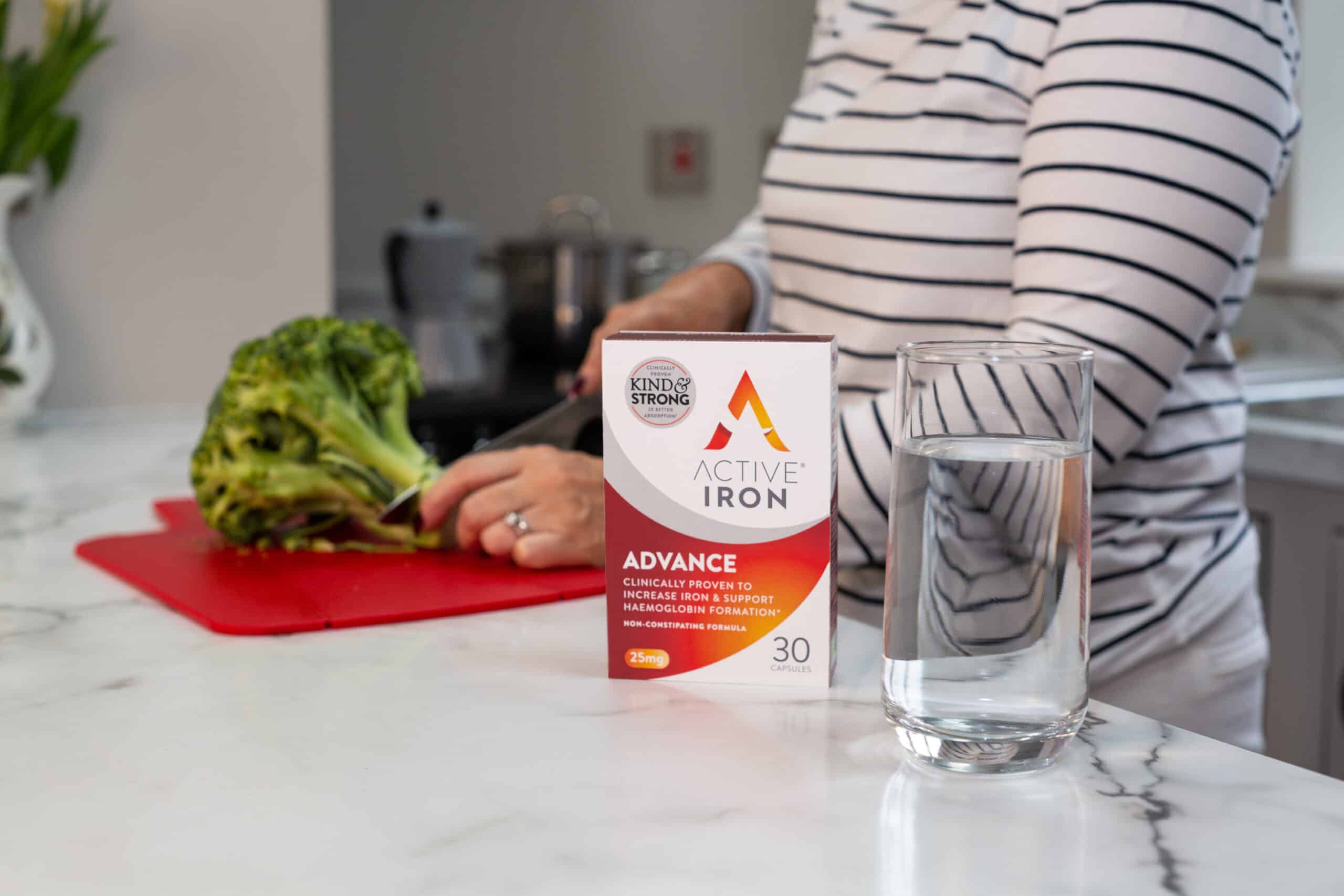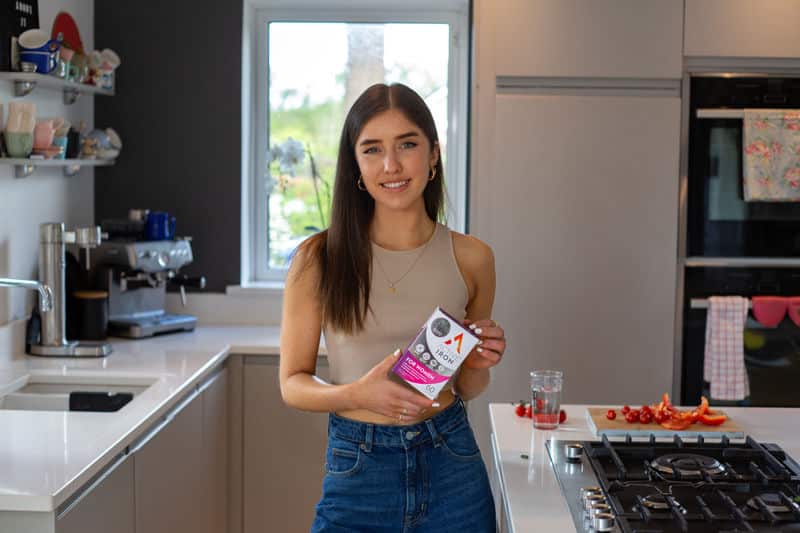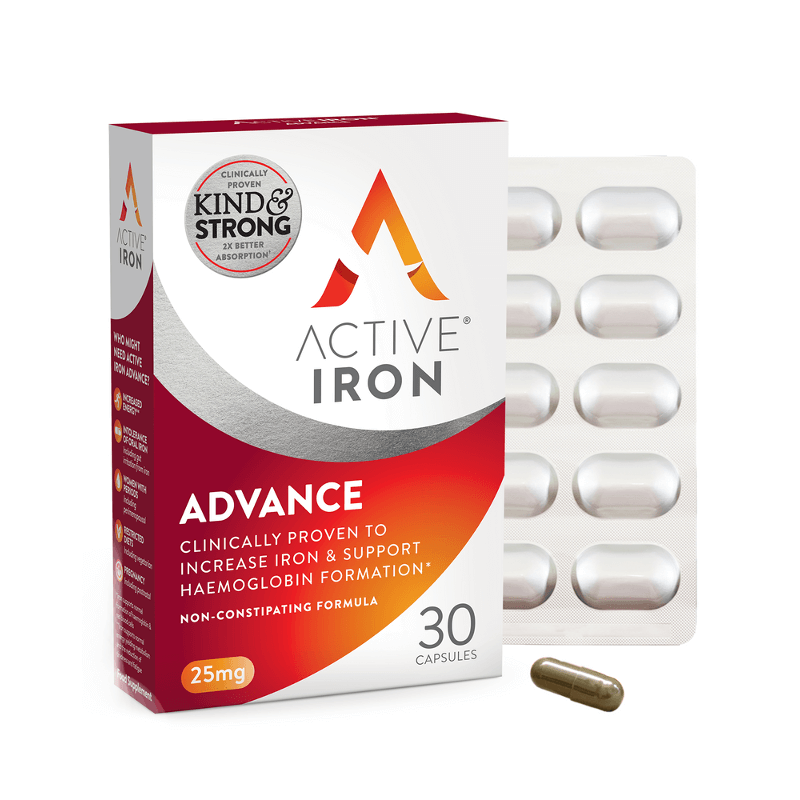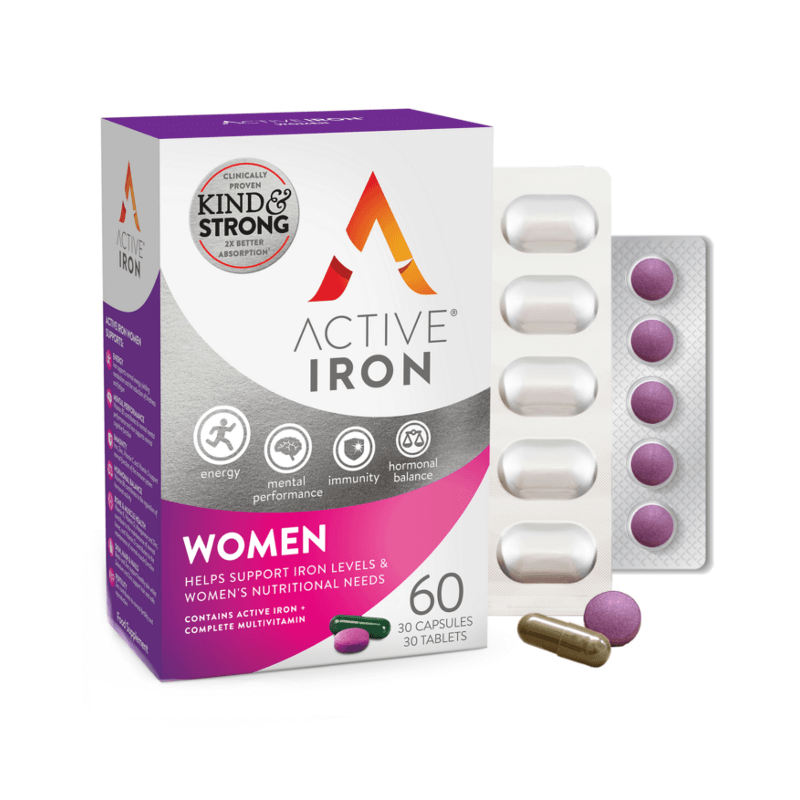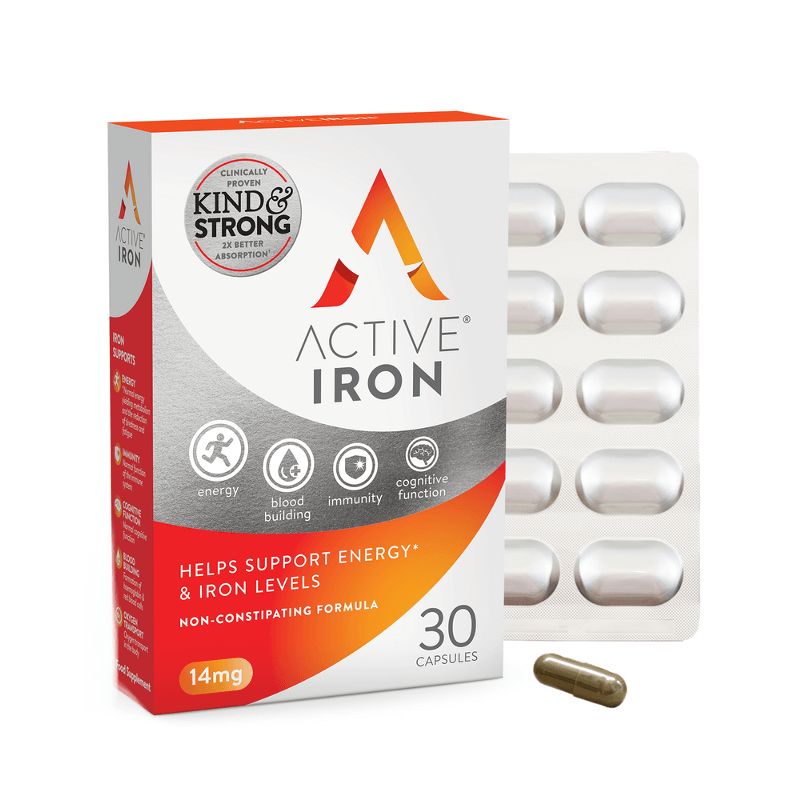Iron from food.
Non-haem iron comes from plant-based sources, including fortified cereals and breads, rice, oats, nuts, beans, and leafy greens. Unfortunately, non-haem iron is also more difficult for the body to absorb, and so while a plant-based diet may provide ample non-haem iron to the body, an individual may still find themselves experiencing inadequate iron levels
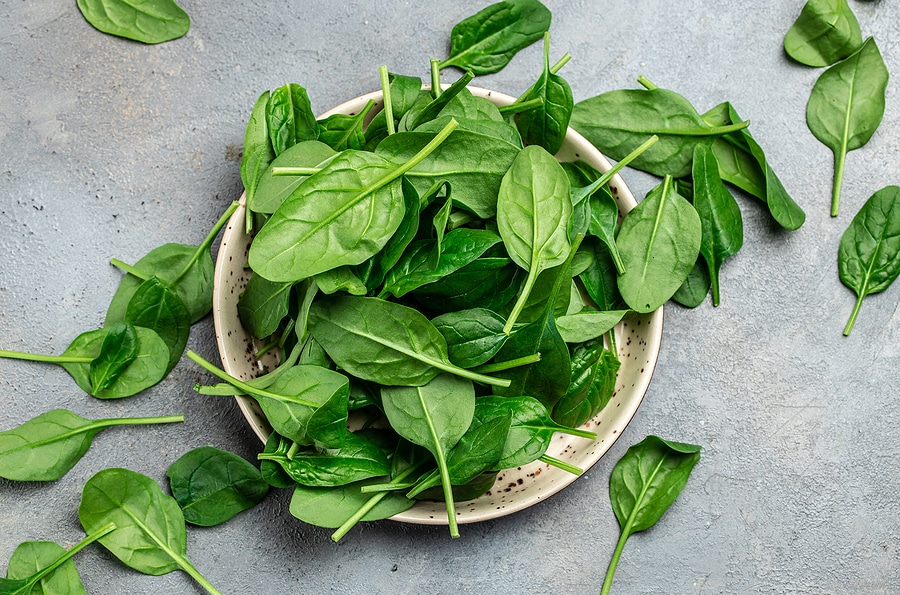
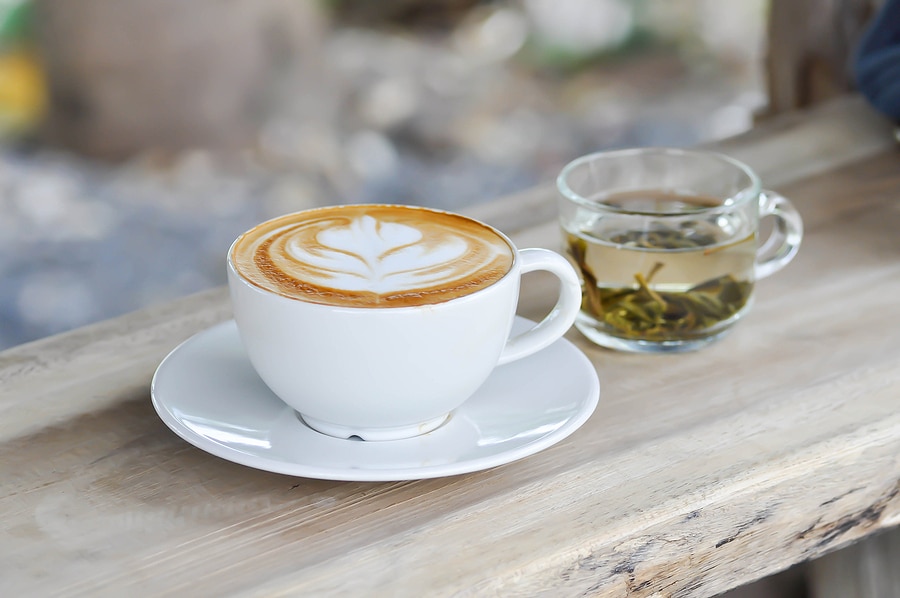
Foods that inhibit iron absorption.
A reduction in iron absorption can also be caused by phytates in whole-grains and legumes, or tannins in tea and coffee. As a result, many vegetarians find it difficult to meet their iron needs through diet alone, and may benefit from taking an iron supplement to replenish their iron stores.
Active Iron is different.
Unlike most iron supplements, Active Iron is clinically proven to provide 2X better absorption of iron sulfate¹. As a result, Active Iron increases iron levels by 94%² whilst helping to prevent the common side effects of iron, including nausea and constipation.



Erica Bracken shares her experience with Active Iron.
As a vegetarian, Erica struggled to get sufficient iron from her diet.
U bekijkt momenteel inhoud van een plaatshouder van Standaard. Klik op de knop hieronder om de volledige inhoud te bekijken. Houd er rekening mee dat u op deze manier gegevens deelt met providers van derden.
Meer informatieIf you have a restricted diet or struggle to get sufficient iron from your diet, Active Iron can help to support your iron and energy levels³.
Our products.
Trusted by experts & loved by consumers.
